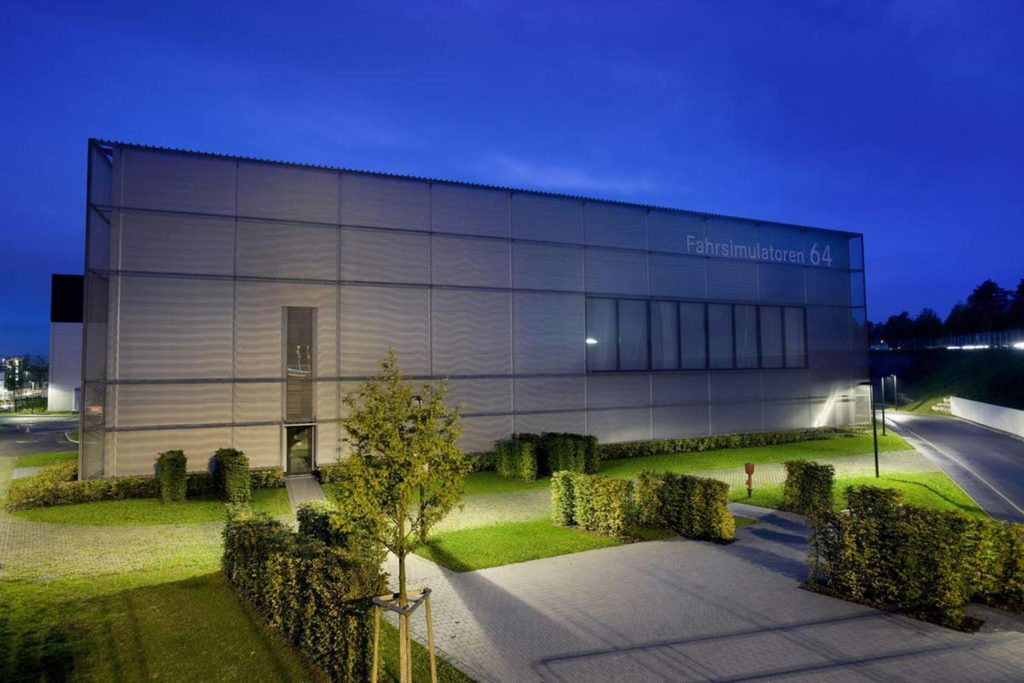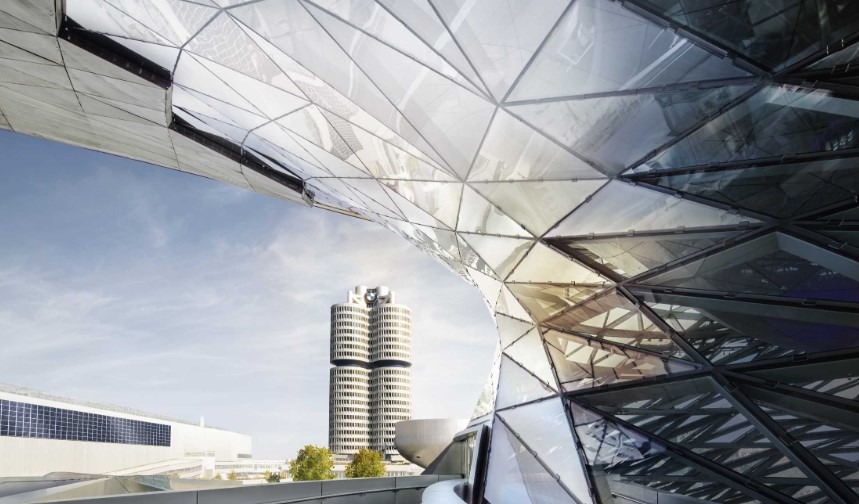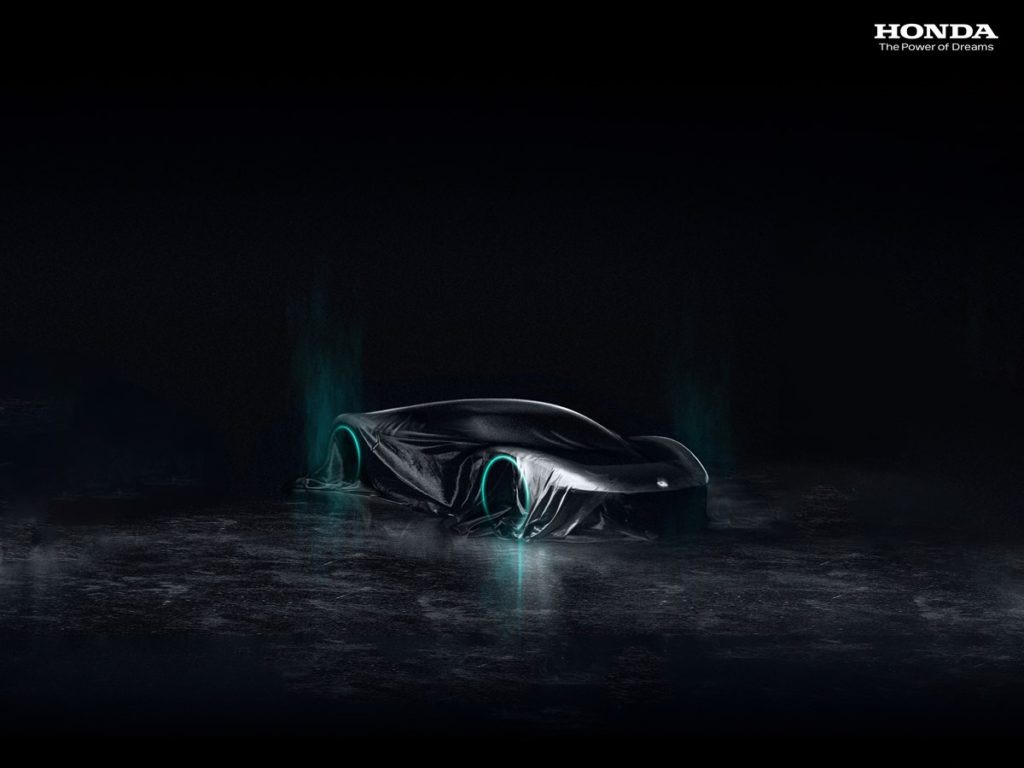Mercedes-Benz to halve car carbon emissions by 2030
19 April 2022

Mercedes-Benz wants to halve CO2 emissions per passenger car by 2030. The German manufacturer is betting on electric vehicles (EVs), green energy, improved battery technology, and recycled materials to achieve its target.
By the end of this decade, the carmaker will work towards covering more than 70% of its energy needs through renewable power. The company will roll out solar and wind power at its own sites as well as through additional power-purchase agreements.
The carmaker confirmed this sustainable strategy at its first digital environment, social and governance conference for investors and analysts.
‘The desire for individual mobility keeps growing. Our mission is to meet this need in a sustainable way,’ said Ola Källenius, Mercedes-Benz Group chairman of the board of management. ‘Mercedes-Benz has a clear roadmap how to become carbon-neutral. By 2030, we want to reach the half-way mark.’
Green charging, battery tech, recycling
The car manufacturer wants to achieve climate-neutrality by 2039. It aims to go all-electric by 2030 where market conditions allow, targeting a 50% EV share – including hybrid models – by 2025. The company will soon have nine all-electric models in its portfolio, with plans to electrify its entire range, including commercial vans.
But EVs alone will not decarbonise transportation, so Mercedes-Benz is focussing on green charging along its ‘Mercedes me Charge’ network, which will help to reduce carbon emissions. Making batteries more sustainable is another focal point for the manufacturer. It wants to shift to carbon-neutral cell production to cut emissions of the battery pack by 20%.
To make EV battery packs more sustainable, the carmaker also plans to use lithium-ion phosphate (LFP) batteries in series production. Part of what makes these units special is a cobalt-free cathode. Solid-state batteries are another area of interest, with the carmaker recently inking a development deal with Taiwanese company ProLogium.
To cope with the masses of spent EV batteries, Mercedes-Benz will shift to in-house recycling. The company plans to open a recycling factory in Kuppenheim, Germany, to recycle the end-of-life components and achieve battery recycling rates of 96%.
Green steel and aluminium
When it comes to the supply chain, the German car manufacturer is looking to integrate low-carbon steel and aluminium. The company already works with steel suppliers that produce greener steel, aiming to debut the more sustainable steel in models by 2025. It was also the first car manufacturer to take a stake in Swedish startup H2 Green Steel, which plans to produce five million tonnes of emissions-free steel by 2030 – using hydrogen produced with renewable energy.
Like other carmakers, such as BMW, Mercedes-Benz is turning to secondary aluminium as part of its circular economy approach. It sources primary aluminium certified by the Aluminium Stewardship Initiative, which ensures that raw materials are obtained and processed responsibly. Mercedes-Benz is also looking to roll this requirement out to plants outside Europe.
Other sustainable materials have made it into series production too. Certain Mercedes-Benz models can be equipped with seat fabric made from 100% recycled PET bottles. Meanwhile, the EQS and EQE will feature cable ducting made with recycled landfill waste. By 2030, Mercedes-Benz Cars plans to increase recycled materials per vehicle to 40%.



